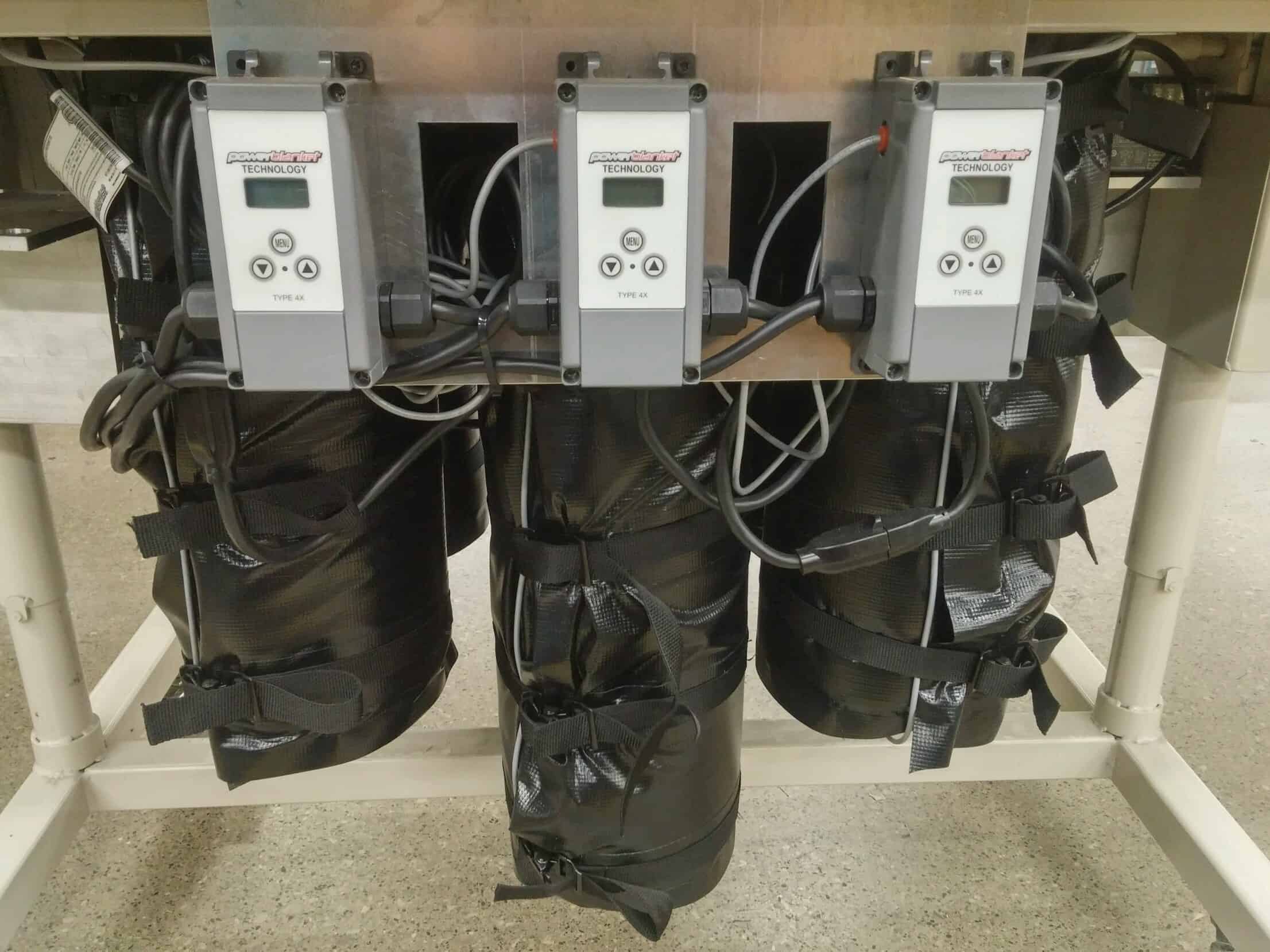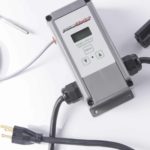If you grew up in the ’60s and ’70s you understand the difference between local and remote control all too well. Turning the channel on a UHF/VHF TV set was a skill mastered by all. When remote control TVs came out, it was a wonderful thing.
Industrial equipment like pumps, valves, meters..even boilers, and automatic gates can all be run the old-fashioned way by just walking up and turning a handle or pulling a lever, or they can be used by pushing a button or an icon on your phone. These two types of temperature controls are called Local and Remote.
Remote control refers to the controlling of something from a distance.
With an innovative controller, you can monitor and control all aspects of your industrial operations. With customizable alerts and intelligent automation, you can rest easy knowing your equipment and processes are running smoothly and efficiently.
In the world of industrial automation, these two terms are very common. Any piece of equipment involved in a process requires something to turn it on. For example, when the tank of water feeding the boiler to make steam begins to run out of water, a level controller will manually turn on a pump and refill the tank. No one outside of that tank or from a far distance would know that that action had occurred.
That same tank could also have a probe designed to detect water level, and when a low level of water was detected, a signal could be sent to a plant control system like a DCS. This signal could be sent by way of a hard wire or even a wireless system. That signal would land on a circuit board, and then the processor would interpret that signal and turn it into a command to an output relay, which would then turn on the pump to fill that same tank.
Both methods of industrial temperature control have their advantages. It is actually possible to do both as well…ever have the batteries go out in your TV Remote? Let’s discuss a few pros and cons of each-
Local Control Advantages:
- It gets your plant personnel out in the plant. They can see a lot of potential issues that cannot be seen in a control room.
- Fewer parts that can fail- the wireless systems, SCADA, or the wiring itself that sends that signal all adds equipment to be maintained.
- Good ol simplicity- most manual control methods are very simple to repair and very reliable.
Remote Control Advantages:
- Whole system interface. One thing affects another…from a remote position, you can see how all of the other systems are working from one location.
- Sending people out in the plant to turn a valve or push a button increases the risk of injury to anyone doing that job.
- If a process change needs to occur, remote control is almost instant. Waiting for someone to get to the location can take way too much time.
In 2022 many processes and key pieces of equipment are still controlled locally — the old fashioned way. Choices for doing so can range from cost, refusal to change and upgrade to modern technology, or that it just may be the best way to do it. Changes will continue, and better technology will emerge. Considering the advantages and disadvantages of each with regard to your application will always be the best way to decide which control system works for you and your facility.
Frequently Asked Questions
What is the difference between remote and local?
Local control involves direct, on-site management of equipment, offering simplicity and reliability, while remote control allows for centralized monitoring and automation from a distance, enhancing efficiency and safety by reducing the need for physical presence.
What is the difference between local and remote service?
Local service operates within the same environment, providing immediate access and control, whereas remote service functions from a different location, offering flexibility and the ability to manage systems from afar.
What is the difference between remote and local mode?
Local mode requires physical interaction with equipment, ensuring hands-on management, while remote mode enables control from a distance, often through digital interfaces, allowing for broader oversight and quicker response times.
What is the difference between remote system and local system?
Local systems rely on the user's hardware for processing and data storage, offering direct control, whereas remote systems utilize host servers for processing, reducing hardware demands and enabling access from various locations.
Powerblanket's industrial control solutions give you the power to automate, remotely control, and monitor your valuable materials and equipment.





